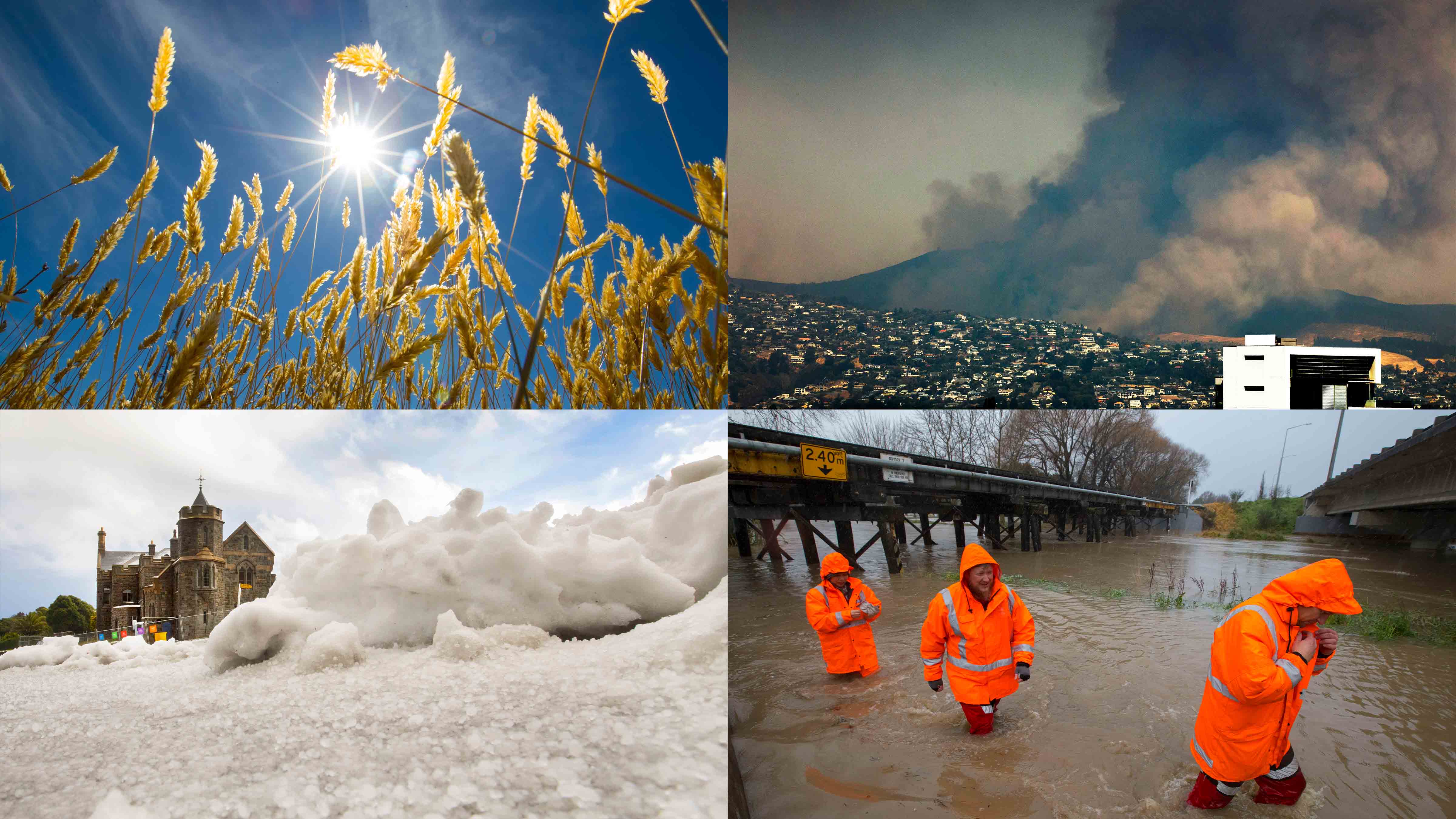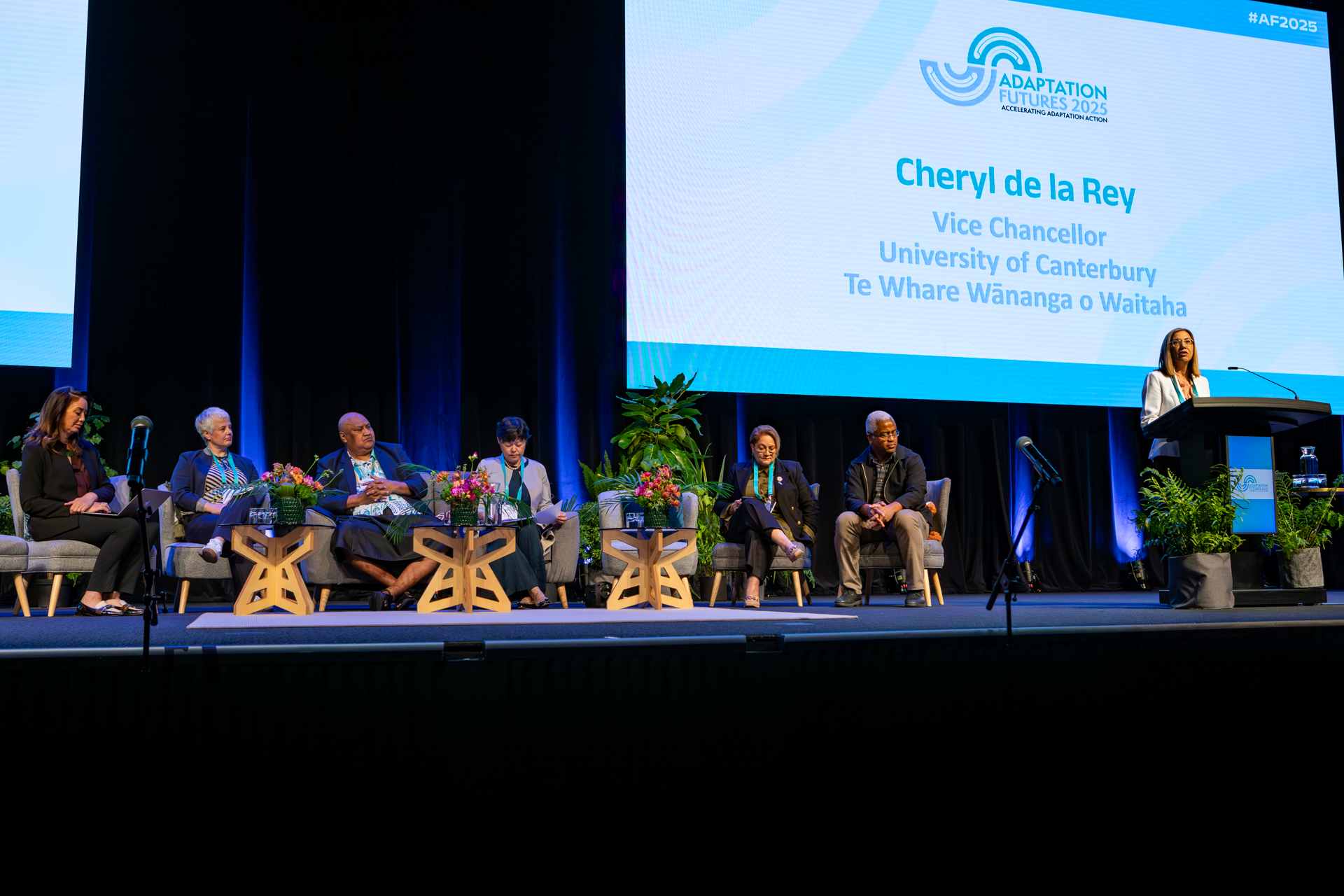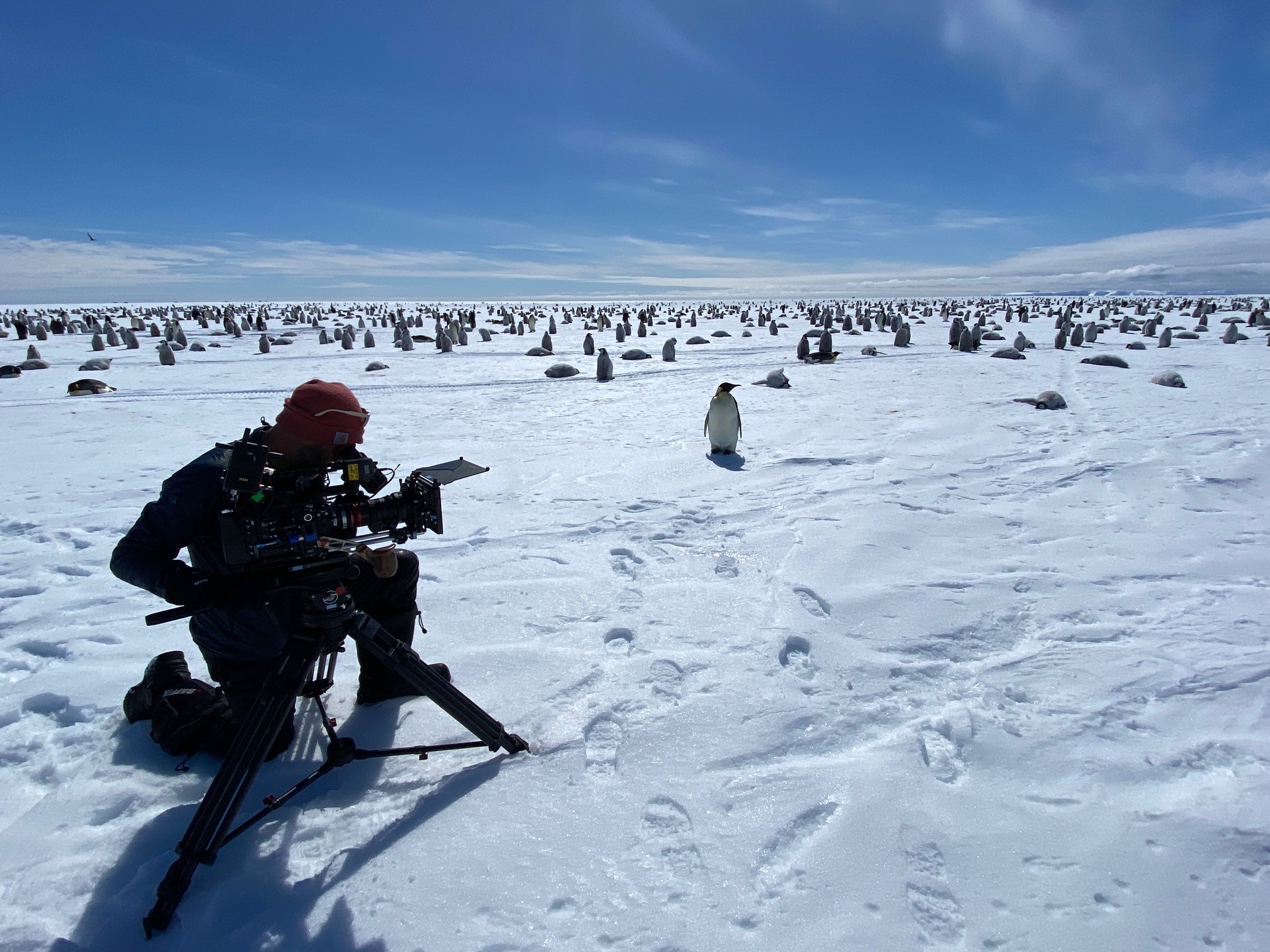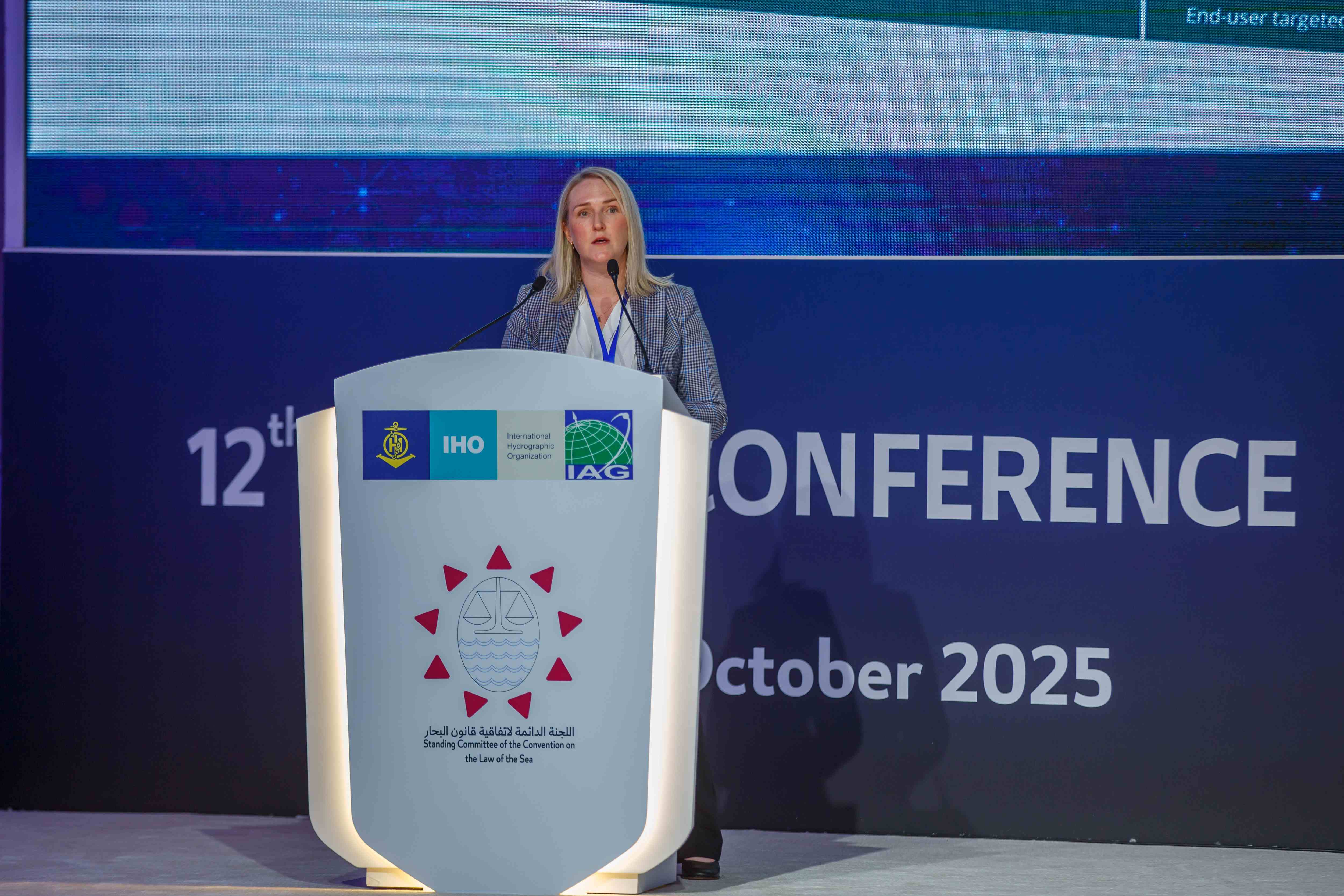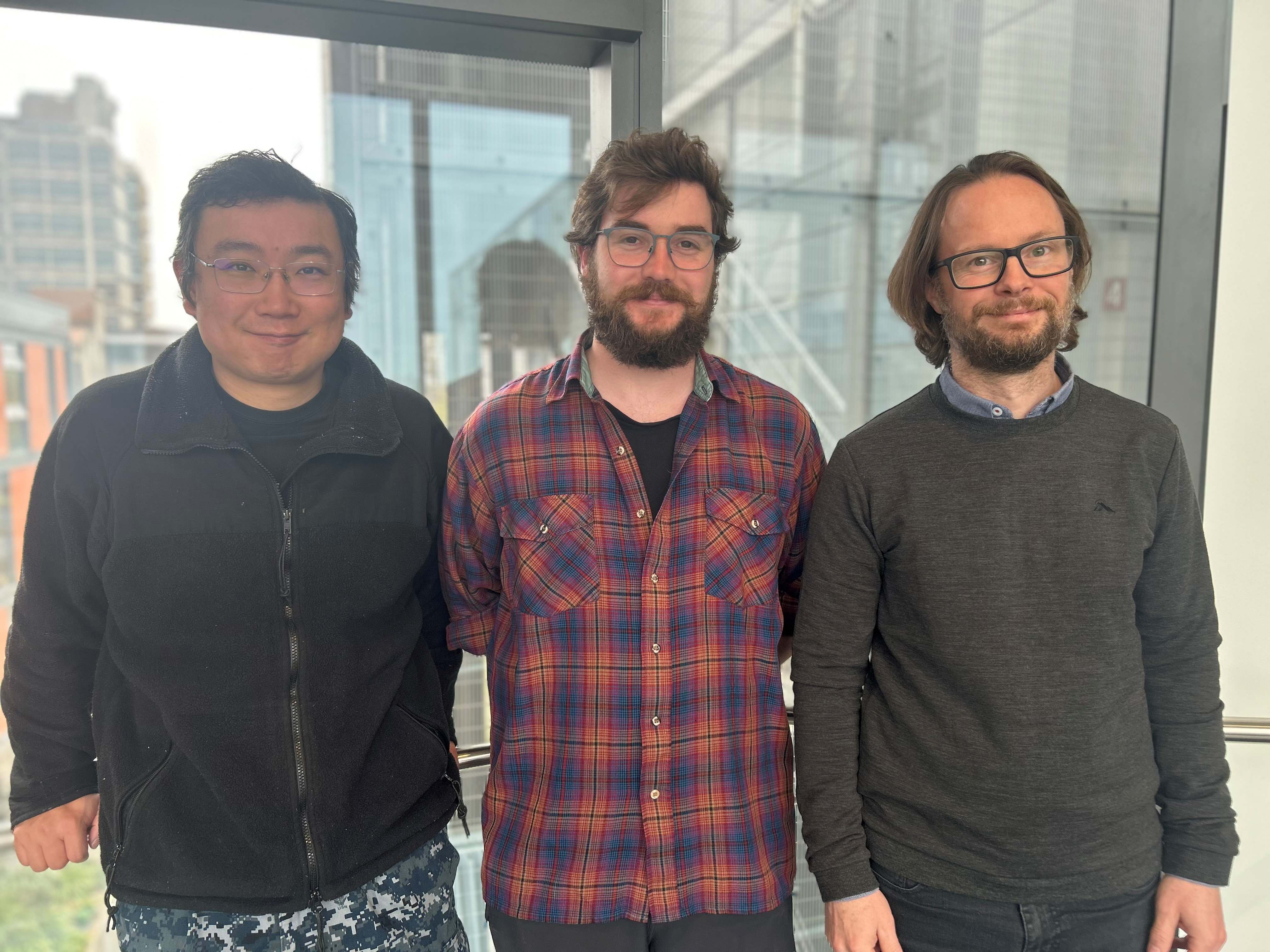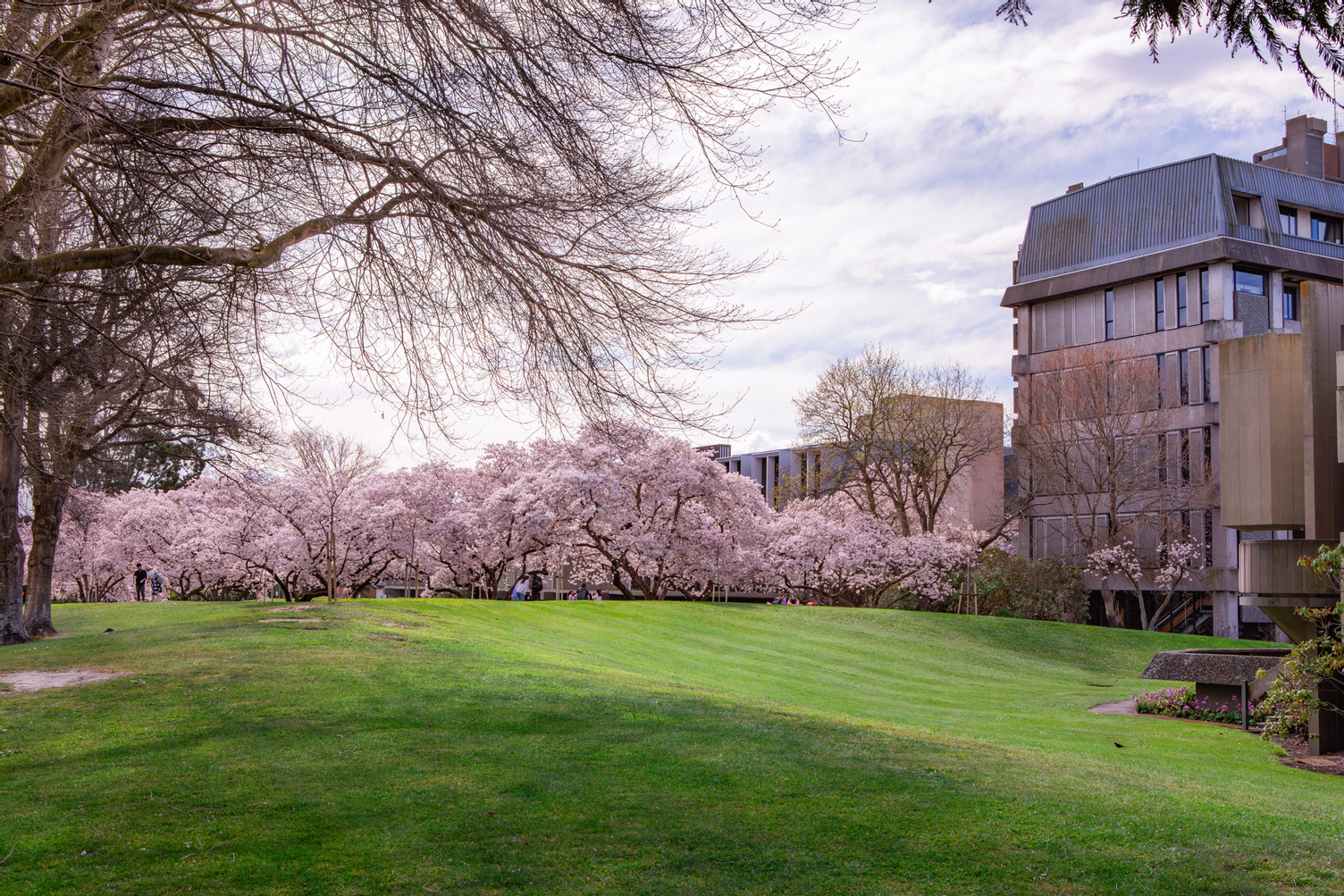Photo caption: Te Whare Wānanga o Waitaha | University of Canterbury PhD candidate in agricultural modelling Baptiste Hamon.
Te Whare Wānanga o Waitaha | University of Canterbury (UC) Engineering PhD candidate in agricultural modelling, Baptiste Hamon is developing a methodology to study and understand the future of New Zealand’s agricultural system.
“Climate change is affecting agriculture globally, including New Zealand,” Hamon says. “My research focuses on identifying effective strategies to maintain profitability and sustainability in an increasingly uncertain future.”
Hamon’s doctoral research draws on his master’s study and field experience in climatology. He aims to help policymakers, to guide sustainable future decisions, and to inform farmers about the diverse economic and climate scenarios anticipated for New Zealand’s agricultural sectors in coming decades.
The research seeks to understand the potential impacts on the sector and to make informed assumptions that can be scaled up across regions and countries. Hamon emphasises the importance of staying within safe planetary boundaries – a scientific framework that outlines how much of the Earth’s resources we can use without causing serious harm to the planet – to ensure a sustainable future for the food and fibre sector.
“We hope that by investigating different scenarios, we can show policymakers the pathways to achieving sustainable outcomes. It’s about making informed decisions that consider the long-term viability of our food systems,” he says.
“Whether it’s exploring new varieties of crops or reducing our environmental impact, the focus is on finding solutions that will benefit both New Zealand and the global community, for now and the future.”
UC Civil and Natural Resources Engineering Professor Tom Cochrane says that climate change will have an impact on where and what can be produced across New Zealand.
“It’s important to understand how that will affect both our economy and the environment. The research done by Baptiste on this topic is important because it will allow us to investigate potential pathways to increase production outcomes and reduce impacts such as greenhouse gas emissions.”
Hamon says that, while the impacts of climate change on agriculture are being increasingly studied, they often use different methodologies for different production types within the sector.
“My approach is to use uniform methodology across the entire food and fibre sector, modelling different scenarios according to economic drivers, climate change, and technological advancements.”
Supported by the Food Transitions 2050 initiative, a unique collaborative postgraduate research programme in Aotearoa New Zealand, Hamon’s research focuses on long-term planning and adaptation.
He says the programme includes monthly seminars covering national case studies on sustainable food systems and preparation, featuring speakers from various fields including policymakers and scientists.
“I’m really pleased to be part of this initiative. It also offers a chance to meet and engage with a diverse group of researchers and students.”
 Sustainable Development Goal (SDG) 2 - Zero hunger.
Sustainable Development Goal (SDG) 2 - Zero hunger.


